Our Projects
CLEOPATRA
Initiating Center: UMCG | Project Lead: Dr. Robert Pol
There is mounting empirical evidence that body composition abnormalities such as; sarcopenia (loss of muscle mass), sarcopenic obesity (fat infiltration into muscle tissue) and fat to muscle ratio have a detrimental impact on post-operative course in various surgical patient populations.
The CLEOPATRA project investigates whether preoperative abnormal body composition as measured on computed tomography (CT) has any influence on postoperative course after pancreas transplantation. Through the utilisation of state-of-the-art artificial intelligence driven software CT scans can be rapidly and accurately analysed and measured. These measurements can be subsequently compared with various postoperative variables.
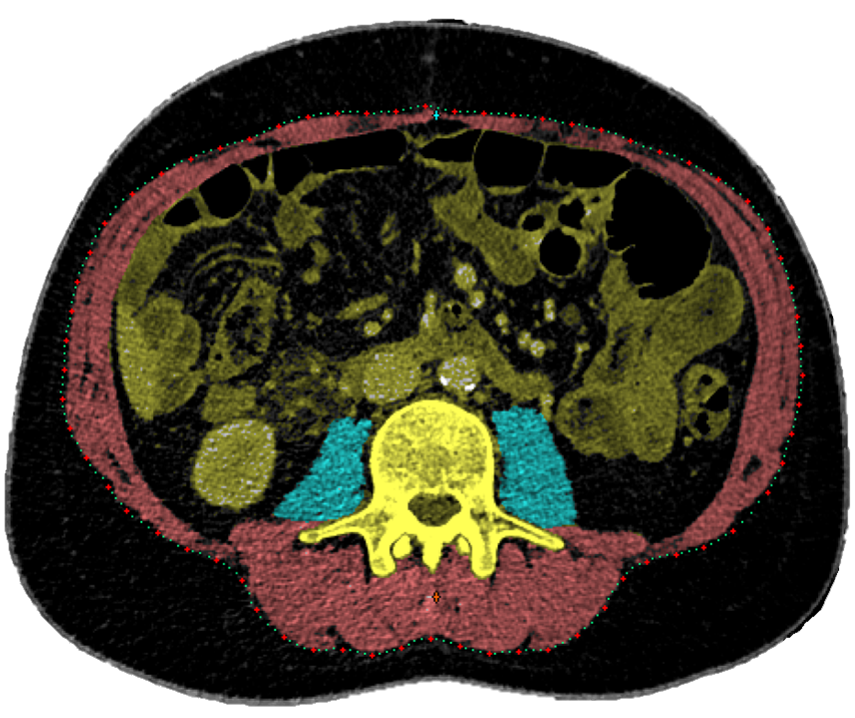
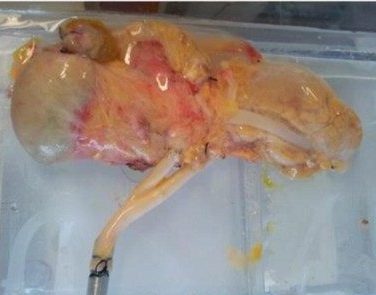
PROPANE
Initiating Center: LUMC | Project Lead: Dr. Volkert Huurman
In the past pancreas grafts have been procured through means of static cold storage (CS). In recent years pancreata procured through means normothermic regional perfusion (NRP) have been increasingly used for transplantation in many countries across Europe. Although case series have described good results with both techniques, no formal comparison between the two has been made. This can be explained by the fact that most countries either perform NRP, or CS procurement as standard of care, and rarely both.
The EPTRC offers the oppurtunity to pool the data from multiple centers and compare these two techniques. The PROPANE project will investigate whether there is any significant difference in outcomes and survival between the two techniques of procurement.
ILIAC-PAN
Initiating Center: UMCG | Project Lead: Dr. Robert Pol
Diabetes is associated with iliac artery calcification and thus it is commonly encountered in patients undergoing pancreas transplantation. Studies conducted in renal transplant recipients showed that preexisting intimal microcalcification predicts a lower allograft survival rate and rapid decline in allograft function. Additionally, a retrospective study amongst 131 patients showed that patients with more severe iliac artery calcification, prior to renal transplantation, had a lower 1-year survival compared to patients without evidence of calcification.
To date there is no published evidence regarding the clinical/prognostic significance of iliac artery calcification in pancreas transplantation recipients. The ILIAC-PAN project will investigate whether there is a signficant association between the degree of iliac artery calcification and overall outcome after pancreas transplantation.
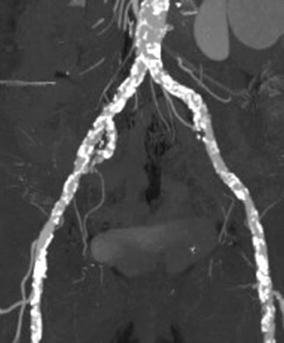
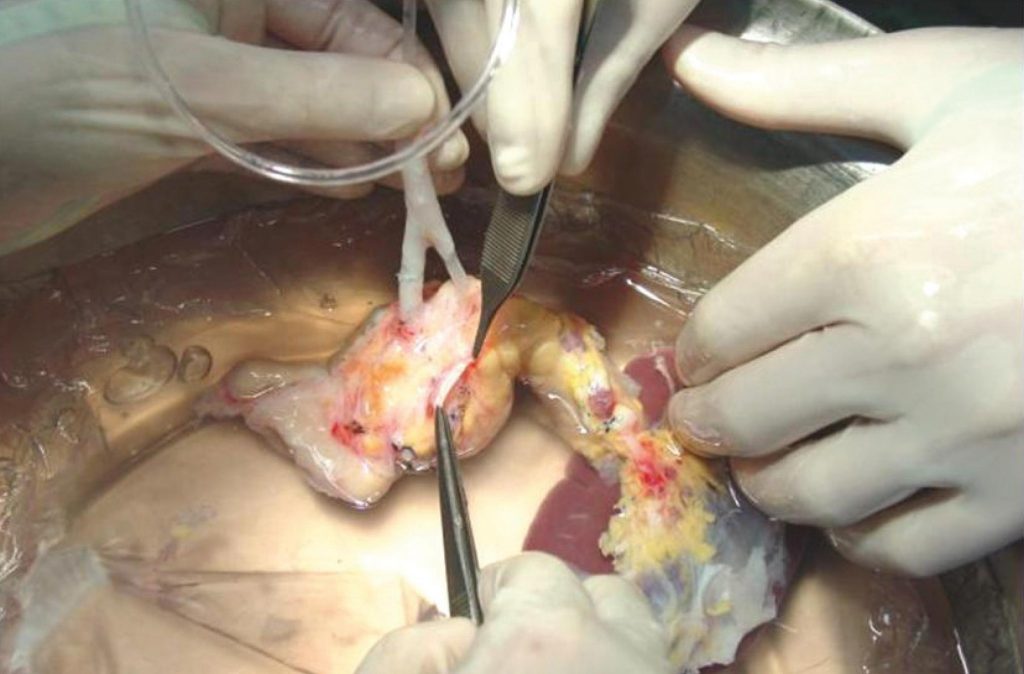
SECONPAN
Initiating Center: CHU NANTES | Project Lead: Dr. Julien Branchereau
There is currently limited published data on the outcomes of pancreas retransplantation or the impact of pancreas retransplantation on kidney graft survival. Previously published studies have suggested satisfactory overall patient and graft (pancreatic and kidney) survival, despite higher rates of acute rejection and complications after retransplantation. However, in contrast to these findings, data from the UNOS database suggested a significantly worse graft and patient survival following retransplantation in a large registry study.
The SECONPAN project will investigate whether there is a significant difference in the rate of complications as well as overall patient and graft survival between non-retransplanted and retransplanted populations.
AT-PT
Initiating Center: University Hospital Zurich | Project Lead: Dr. Fabian Rössler
The negative impact of prolonged preservation times in abdominal solid organ transplantation is well studied, mainly in regards to cold ischemia time. In contrast, the effects of a prolonged exposure of the organ to warm ischemia during vascular anastomosis, when the organ is removed from the ice but not yet revascularized, has received less attention to date. For kidney transplantation a detrimental association between an extended anastomosis time (secondary warm ischemia time) and outcome has been confirmed. However, for pancreas transplantation, no data on the effects of anastomosis time on complications and graft loss are yet available.
The AT-PT project will investigate whether there is a significant association between anastomosis time duration and outcomes after pancreas transplantation.
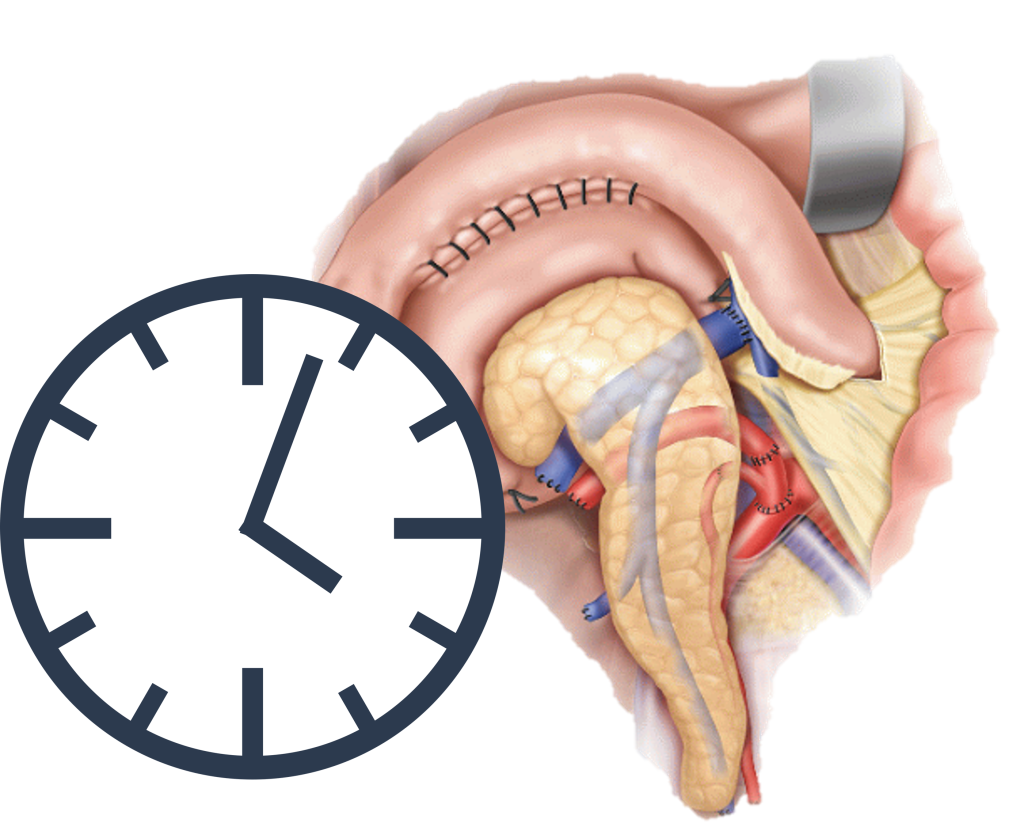

PTX: A European Benchmark
Initiating Center: Universitätsspital Zürich | Project Lead: Dr. Fabian Rössler
In order to determine what is abnormal a normal must first be defined. Benchmarking is the establishment of a standard to which the outcome of an intervention or activity can be compared. Benchmarking is being increasingly utilised in healthcare settings to reduce costs and simultaneously improve outcomes.
The benchmarking project will collect and analyse data from pancreas transplantation centers across Europe to determine a benchmark encompassing various aspects of pancreas transplantation.
